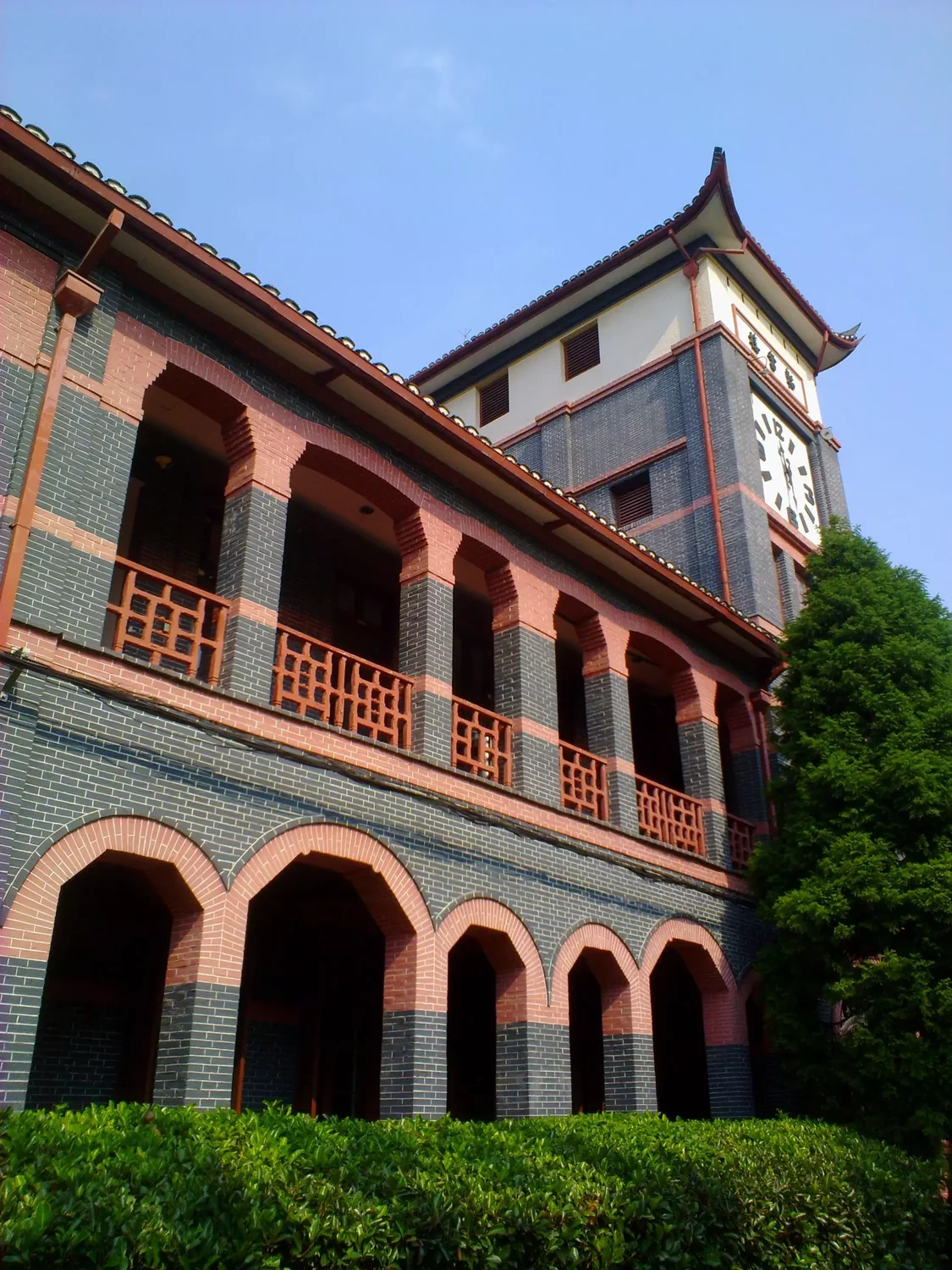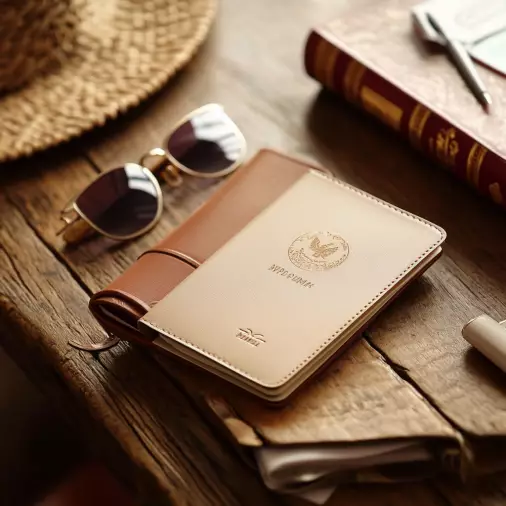Phuket is one of the most popular destinations for tourists from all over the world. However, to spend a vacation or an extended winter stay here, it’s important to understand the entry and residency rules of the country. In this article, we will review the main types of visas, the visa-free entry rules for citizens of different countries, and discuss border runs, a common method for extending your stay in Thailand.
There are several main types of visas that are most in demand, and we’ve written about them separately. Choose the type of visa you need, follow the link, and explore the details.
The most popular option is the tourist visa, suitable for longer trips beyond a typical vacation. For some countries, a visa on arrival is required if there’s no visa-free entry agreement. A non-immigrant visa is issued for various purposes and has subcategories, such as retirement or work visas.
If you need help finding the right visa, just fill out the feedback form below, and we’ll help you choose the best option.
We’ve selected the three best companies for processing various types of visas. Fill out the form, and we’ll forward your request — they’ll contact you to provide details on the terms and pricing.
Another widely used type is the student visa, which doesn’t necessarily require enrollment in a university; you can opt for an accredited language school. However, if you plan to attend a university, you’ll need a university visa. The elite visa is for those who truly love Thailand and are willing to pay a premium for it, as it is quite expensive. The digital nomad visa is designed for individuals who want to work within Thailand while contributing to the economy. Lastly, a popular option is the Long-Term Resident or LTR visa, which allows you to stay in the country for up to 10 years without the need to leave. However, qualifying for this visa requires a high income or a prestigious professional position.
Visa-Free Period for Different Countries
For short vacations, a visa for Thailand is not required. As of July 15, 2024, the Kingdom has introduced several changes to simplify staying in the country, aiming to promote tourism for citizens of 93 countries. These include:
- Russia: 60 days (can be extended for an additional 30 days by applying at an immigration office before the initial 60 days expire, for a fee).
- Ukraine, Kazakhstan, Uzbekistan, China: 60 days.
- European Union: 60 days.
- USA, Canada, United Kingdom, Australia: 60 days.
- Belarus, Kyrgyzstan: 15 days. A visa is issued upon arrival at the airport and costs 2,000 THB.
Required Documents for Visa Application
If your trip exceeds the visa-free period, you must apply for an entry permit in advance at the Thai embassy. The following documents are required for a visa application:
- Passport: Must be valid for at least six months from the date of entry and remain valid throughout your stay.
- Application Form: Two completed copies with personal information. The form can be downloaded and printed from the embassy’s website.
- Photographs: Two recent 40 × 60 mm photos taken within the past six months.
- Round-Trip Flight Tickets: Proof of paid booking.
- Consular Fee: Payment receipt.
- Employment Letter: A certificate from your employer.
- Medical Insurance: Thai insurance covering expenses of up to $100,000.
- Health Certificate: Confirmation of no health conditions restricting entry (based on the Ministry of Foreign Affairs of Thailand requirements).
- Accommodation Proof: A paid hotel reservation, rental agreement, or property ownership document for the planned duration of stay.
When a Visa May Be Denied
The Thai government requires all necessary documents and information to be provided within the specified timeframe. If all documents are in order, the risk of visa denial is minimal. In case of refusal, you can reapply the same day, but the consular fee must be paid again.
Common Reasons for Visa Denial:
- Missing or expired documents.
- Insufficient justification for the purpose of travel (for special visa types).
- Invalid flight or accommodation bookings.
- Errors or incorrect information in the application.Violations of visa codes or overstaying in previous visits.











